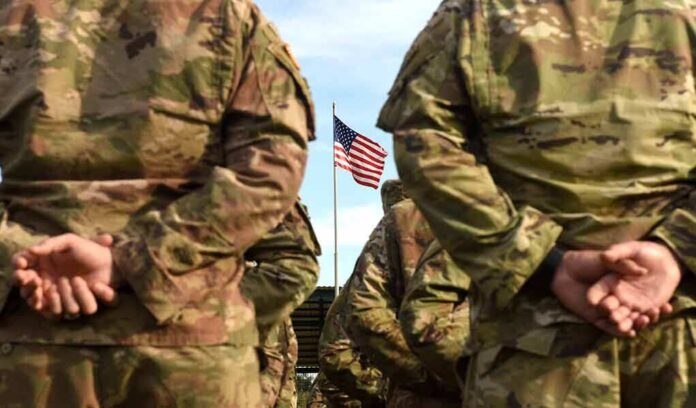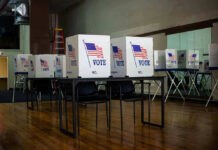
At a Glance
- Eight advocacy groups urge the Pentagon to correct unsanitary and dangerous living conditions on U.S. bases.
- The Pentagon launched a Housing Feedback System to report housing issues.
- A Government Accountability Office report recommends increased oversight of military housing.
- Rep. Richard Hudson criticizes inefficient use of funds for military housing improvements.
- Military leaders address these issues before the House Armed Services Committee.
Advocacy for Immediate Action
Eight advocacy groups for military personnel and families are calling for the Pentagon to immediately address the unsanitary and dangerous living conditions found on U.S. bases around the world. Reports highlight widespread issues such as mold, contaminated water, lead paint, and infestations of pests.
Government Responses and Oversight
The Pentagon has rolled out a Housing Feedback System designed to allow service members to report housing issues directly. Despite these measures, the Government Accountability Office (GAO) issued a report in September 2023 highlighting continuing deficiencies and recommending 31 improvements for military barracks conditions.
Rep. Richard Hudson has vocalized his support for improving these conditions, criticizing the inefficient use of allocated funds. “Every year, the Army appropriates money for improving our soldiers’ housing,” Hudson said. “The problem is that these funds are not being used efficiently to ensure necessary basic living conditions for our service members.”
Too many military families live in private housing that’s unsafe or unsanitary. That’s why I’m working with @SenWarren to call on the Department of Defense to hold private housing companies accountable and protect the rights of military families. https://t.co/XwBsbrcBUs
— Congresswoman Sara Jacobs (@RepSaraJacobs) July 16, 2024
Military Leadership’s Efforts
Military leaders discussed these issues recently before the House Armed Services Committee, outlining plans for multi-year investments to sustain and improve barracks. The Army highlighted its focus on quality of life as a critical element of its operational strategy. Brendan Owens, Assistant Secretary of Defense, committed to better oversight and accountability.
Another notable initiative includes the Hots&Cots app, created by Rob Evans, which allows military service members to anonymously submit photos and reviews of their living conditions. The app has already collected nearly 8,000 photos and around 400 reviews.
Lawmakers’ Press for Reform
Senators Elizabeth Warren and Sara Jacobs have been particularly vocal, criticizing the Department of Defense for failing to protect military families living in private military housing. A report by the Project on Government Oversight (POGO) revealed that many military families face dangerous living conditions, including toxic mold, with limited options for legal recourse.
Privatization efforts that began in 1996 to address a $20 billion maintenance backlog have come under increased scrutiny. Loopholes in contracts have made it challenging to hold private housing companies accountable.
A Continuing Battle for Justice
Approximately 700,000 service members and their families live in privatized military housing today, yet face hazardous conditions. Making matters worse, the federal enclave doctrine restricts their rights to legal recourse for housing issues, contributing to a “shield from responsibility” for corporate landlords, noted by lawmakers in various reports.
“The stress and uncertainty that military families face with the multiple moves and transitions between locations and assignments that the military requires is amplified and worsened by systemic housing problems,” wrote lawmakers led by Warren and Jacobs.
Sources
Military Service Leaders Address Deficiencies in Barracks
Lawmakers Raise Alarms about Military Housing Conditions
Lawmakers call for Pentagon to address ‘poor’ military housing conditions
Mold Issues, Poor Housing Conditions for Troops Are Rampant. What Can Congress Do?












